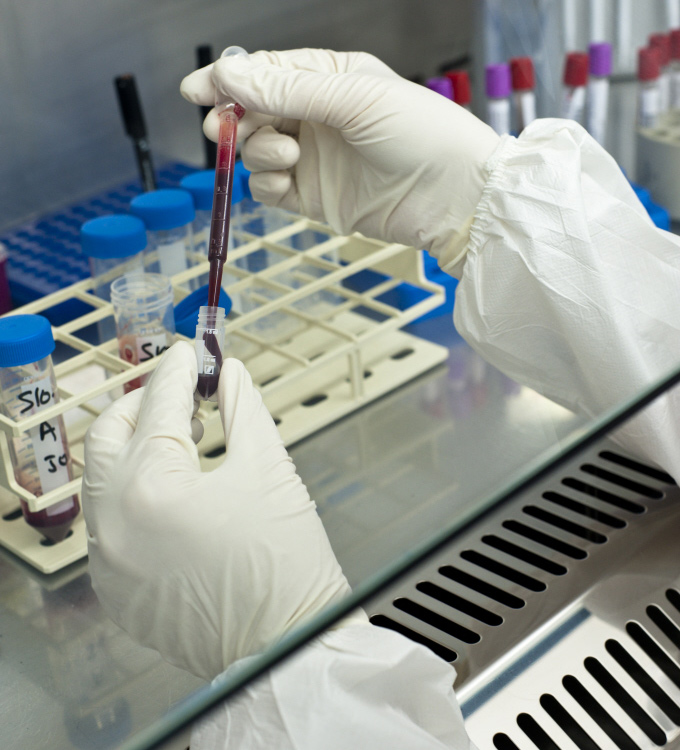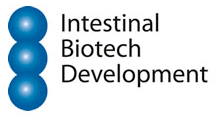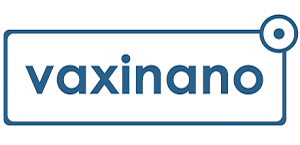
Therapeutic Innovation
The programs of INFINITE’s translational research have led to the setup of 5 Phase 1 or 2 clinical trials and to the development of an innovative immunotherapy for Crohn’s disease.
The most significant advances in our research include:
- The immunization of rodents with parasitic protein P28GST in order to obtain an anti-inflammatory response in the intestine. This work led to an ongoing therapeutic clinical trial in Crohn’s disease. (The schistosome glutathione S-transferase P28GST, a unique helminth protein, prevents intestinal inflammation in experimental colitis through a Th2-type response with mucosal eosinophils.Driss V, El Nady M, Delbeke M, Rousseaux C, Dubuquoy C, Sarazin A, Gatault S, Dendooven A, Riveau G, Colombel JF, Desreumaux P, Dubuquoy L, Capron M. Mucosal Immunol. 2016;9(2):322-35. doi: 10.1038/mi.2015.62. Free PMC Article)
- Discovery of a mechanism of regulation of lactase gene expression, the enzyme that digests lactose in the intestines. This mechanism involves the PPARgamma, a nuclear receptor that may be modulated by molecules naturally found in the diet (https://www.inserm.fr/actualites-et-evenements/actualites/vers-fin-intolerance-lactose).
- The demonstration that some dusts that accumulate in the air during air pollution peaks may have harmful effects to the colon. These effects are partly due to oxidative stress and can be inhibited by the administration of an oral antioxidant compound (Vignal C et al, Part Fibre Toxicol. 2017;14(1):46. Free PMC Article)
- The unexpected discovery of a liver regeneration failure in the setting of alcoholic hepatitis, an inflammatory disease with a very poor prognosis. This breakthrough suggests that stimulating hepatocyte renewal may be a new paradigm for the treatment of severe alcoholic hepatitis unresponsive to corticosteroids. (Progenitor cell expansion and impaired hepatocyte regeneration in explanted livers from alcoholic hepatitis. Dubuquoy L, Louvet A, Lassailly G, Truant S, Boleslawski E, Artru F, Maggiotto F, Gantier E, Buob D, Leteurtre E, Cannesson A, Dharancy S, Moreno C, Pruvot FR, Bataller R, Mathurin P. Gut. 2015;64(12):1949-60. doi: 10.1136/gutjnl-2014-308410. Free PMC Article).
The emergence of new medical and scientific expertise at an international level
INFINITE works led to the development of new expertise in the areas of Crohn’s disease and ulcerative colitis, vaccination, nutrition and lung airway infections. These advances and their potential for therapeutic innovation now attract an international community of researchers and clinicians to INFINITE.
The development of animal models and cell lines
INFINITE research programs are based on the development and pooling of several experimental animal models (transgenic mice and rats, etc) and cell lines.
Start-Up Creation
Our teams are very active in innovation and technology transfer. Three start-ups, emerging form our research results,have been created:

Intestinal Biotech Development (IBD)
Created in 2008, is a contract research organization specialized in digestive diseases.

Vaxinano
Created in 2016, specializes in the development of prophylactic and therapeutic vaccines for infectious diseases, based on the use of bioavailable and biodegradable nanoparticles.

Par’Immune
Created in 2017, is dedicated to the development of new immunotherapeutic strategies in autoimmune and inflammatory diseases, based on a parasitic protein.